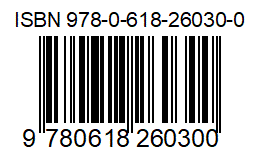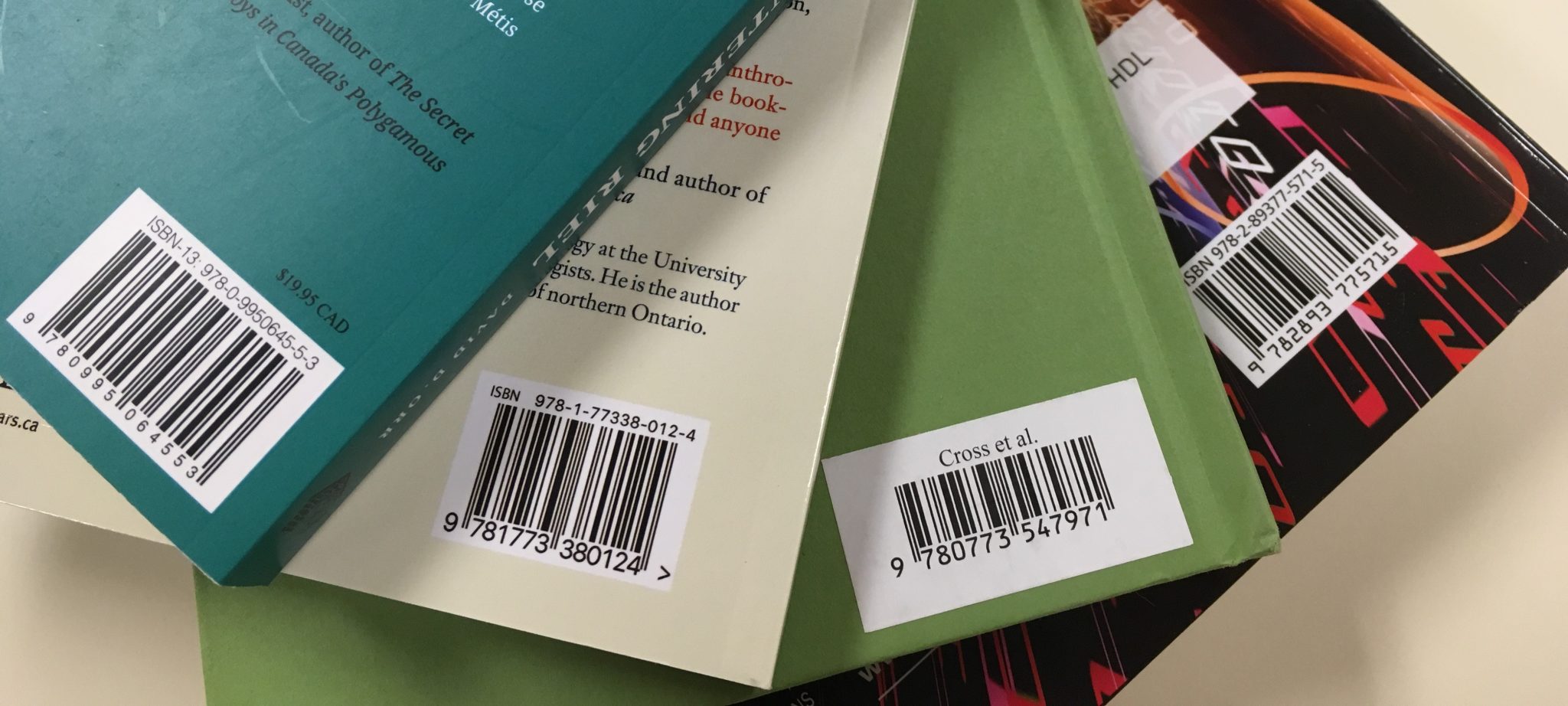
If you’re gearing up to publish a book—whether in print or digital format—securing an International Standard Book Number (ISBN) is a crucial step. An ISBN is a unique identifier that helps booksellers, libraries, and readers easily find and manage your book. This guide will walk you through what an ISBN number is, why it’s important, and how you can obtain one for your book in 2024.

An ISBN is a unique numerical identifier for books, designed to streamline the book-selling and distribution process. It provides specific information about your book, such as the publisher, format, and edition. Here’s a quick breakdown of its components:
Securing an ISBN offers numerous advantages:
ISBNs are issued by national agencies around the world. The agency you need to contact depends on your country of publication. Here’s a general outline:
Visit the ISBN agency’s website or contact them directly to register. This usually involves creating an account and completing an application form.
You’ll need a separate ISBN for each format or edition of your book. For example:
Buying in bulk can be cost-effective if you plan to publish multiple books or formats.
You’ll be required to provide detailed information about your book. Typical details include:
Accuracy is crucial to ensure that all data in the ISBN database is correct.
After processing your application, you’ll receive your ISBN(s). The processing time can vary, but it typically ranges from a few hours to a few days. Along with the ISBN, you may receive a barcode if you publish a print book, which can be essential for retail sales.

The cost of obtaining an ISBN varies by country and the quantity purchased. Here’s a general overview:
In some regions, ISBNs are provided at no cost, especially for self-publishing authors.
Self-publishing platforms often offer free ISBNs, but there are trade-offs:
Purchasing your ISBN is usually the better option for greater control and flexibility.
Yes, each format (e.g., print, ebook) requires its own ISBN to differentiate them in databases and retail systems.
You can, but many retailers and libraries require an ISBN to list your book, which can limit your distribution options.
This varies by agency but generally takes from a few hours to a few days once your application is submitted.
No, an ISBN identifies your book, while a barcode is used for retail sales. You can generate a barcode using your ISBN through various online tools.
No, each ISBN is unique to a specific edition and format of a book and cannot be reused.
If the changes are significant, such as a new edition or major revisions, you’ll need to obtain a new ISBN. Minor changes, like typographical errors, do not typically require a new ISBN.
No, ISBNs are generally not transferable between publishers. If you change publishers, a new ISBN is usually required.
You can search for your book’s ISBN in online book databases or library catalogs. If your book was previously published, it should be listed with its ISBN.
Ensure that the ISBN was correctly registered and that your book’s details are accurate. If issues persist, contact the ISBN agency for assistance.
As long as the ISBN is obtained through the proper channels and used as intended, there are no legal issues. Ensure that your book’s details are accurate and that you follow any guidelines set by the ISBN agency.
Obtaining an ISBN number is a vital part of the book publishing process. It ensures your book is properly identified and facilitates its distribution and sale. By following these steps, you’ll be well on your way to professionally publishing and promoting your book in 2024.
